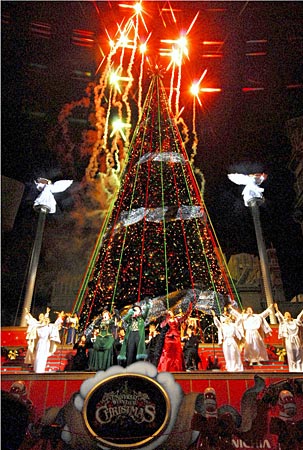JASRAC, the copyright enforcement association for Japan’s music industry, has described criminal charges and arrests for copyright violators as rare. Yet less than 3 weeks after reports came out of a JASRAC-inspired arrest of a restaurant owner for singing the Beatles comes another arrest. This time, a man has been thrown in jail for distributing mobile phone ring tones on his website without permission.
CNET reports that similar to the recent arrest, JASRAC had repeatedly warned the 45-year-old suspect from Sasebo, Nagasaki Prefecture, since June 2002 to stop allowing people to download copyrighted songs from his website. In February 2003, the organization got the man’s ISP to delete the ring tones under the “ISP Liability Restriction Law” (author’s translation). However, the man continued to operate his website by linking to the files from a different source. The ISP shut down his site again in 2004, but JASRAC noticed the site was back up in April 2006. The association called the police after the man ignored a warning letter, and on November 27, the man was put in jail, charged with violations of reproduction rights and rights of public transmission as defined in Article 119 Section 1 of the Copyright Law.
In other JASRAC related news, the association recently co-released a report with the Association of Copyright for Computer Software (ACCS) estimating that monetary damage from copyright infringement of software, music, films, manga, etc, using the Winny peer-to-peer file sharing software (whose creator was arrested in 2003) amounts to about 10 billion yen (about USD$86 million), based on an estimate of the retail value of each file currently available for download using the software as of October 10. This is a pretty sloppy estimate, and it only goes to show how comparatively well-policed piracy is in Japan, especially when you compare that to the RIAA’s estimate that piracy loses the US music industry $4.2 billion annually in worldwide sales.

